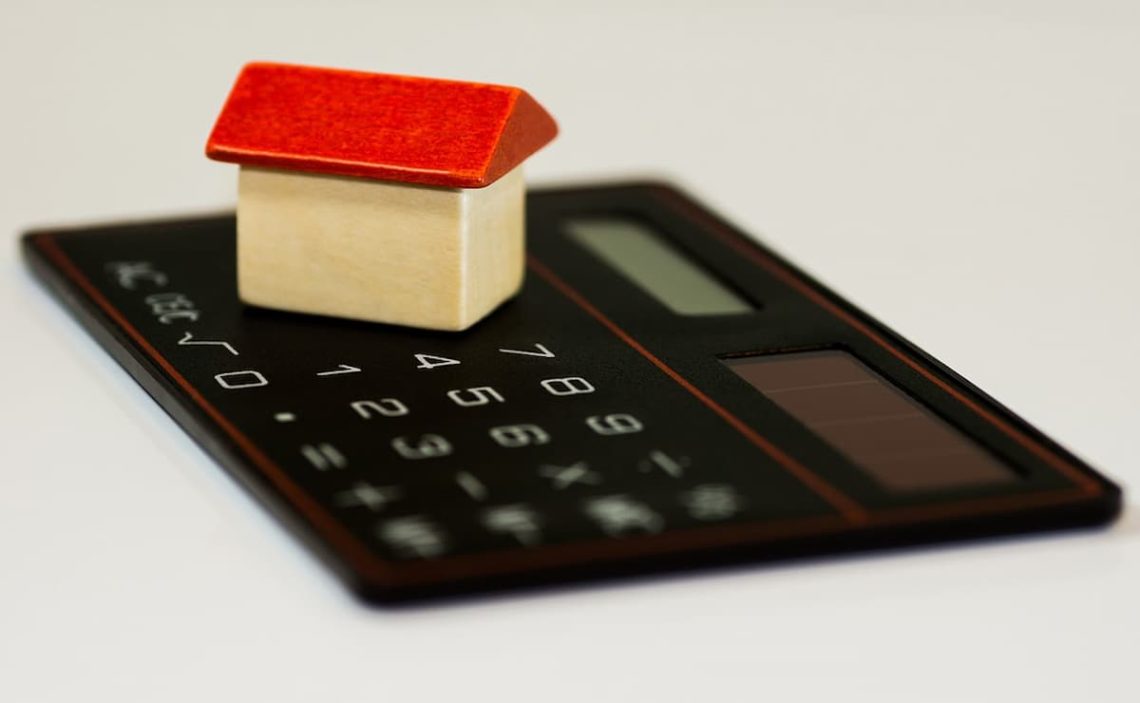If you are considering refinancing your home, you will have to take as a reference the appraisal of its value. However, although from a practical point of view, an appraisal does not expire in time, the truth is that the values can change. Therefore, it is important to calculate the appropriate time to evaluate your home before asking for a loan.
How does the passage of time influence the appraisal of your home?
The truth is that it is not very difficult to understand that the passage of time directly influences the value of your home. Aspects such as the evolution of the market, inflation, and price increases, are everyday elements that cause housing prices to vary yearly.
In addition to these classic elements in the increase of housing prices, others can be punctual or particular.
For example, imagine that the area where your home is located registers a modification of the urban plan that will convert that area into an environment more endowed with services, family leisure areas, etc. The appraisal of your property will probably be higher with such projection and improvement of the infrastructure.
Therefore, although an appraisal does not expire as such, if you consider certain financing actions, such as refinancing a mortgage, it is interesting to value a new review. However, this may not always work in your best interest, but the lender will probably want an appraisal that is as current as possible.
Why does the lender want fresh appraisals?
Again, this question has a simple answer: to assess the risk level of the loan better. Lenders want to evaluate whether the amount requested is in line with the reality of the property at the time of taking out a new mortgage.
In general, lenders will not accept old estimates. There is no proper rule in this regard, but appraisals older than three months are not normally taken.
What is an acceptable appraisal period if you apply for financing?
Normally, a valid appraisal is considered anywhere from two to six months. However, the reality is that lenders generally stick to comparable sale appraisals.
A comparable sale, or compensation, is an appraisal that will use the price of recently sold homes of similar size and condition. That is based on the evolution of the market. In general, the offsets can be valid for up to six months.
However, as noted above, the lender generally wants a recent appraisal. A term of no more than 90 days is usually considered adequate. The closer the estimate is, the better it will be for the creditor.
Also, it would be best if you kept in mind that this can vary depending on many factors. The most important factors are the following:
Evolution of the real estate market: as the real estate market evolves, the minimum acceptable period for an appraisal may increase or decrease. In a changing market with large price movements, it will be necessary to have recent valuations. Can extend the appraisal period in a stable market environment with few price variations.
Loan and financing levels: Financing levels will also influence the minimum appraisal period. If low financing is requested, a small amount of money that does not represent a high percentage of the house’s value will not matter as much as the recent estimate.
The appraisal depends on the type of loan to be refinanced
The minimum appraisal period, depending on the type of financing, also varies. In some cases, this is regulated, and in others, it is implicitly allowed:
- Conventional personal loans: valid appraisals of up to 120 days for used homes and up to 12 months for new homes will generally be accepted.
- Federal Housing Administration Loans: Valid appraisals may be valid for up to 120 days with a maximum extension of 240 days.
- USDA Loans also require an appraisal validity of 120 days, although, in this case, an extension is offered as a 30-day grace period.
- Veterans Affairs Loans: appraisals will accumulate a six-month validity period with automatic closing expiration after the loan.
On the other hand, you should also note that when an appraisal expires, the lender may request a refresh or update appraisal. This update appraisal is usually performed to assess whether the home has lost value since the expired valuation date.


